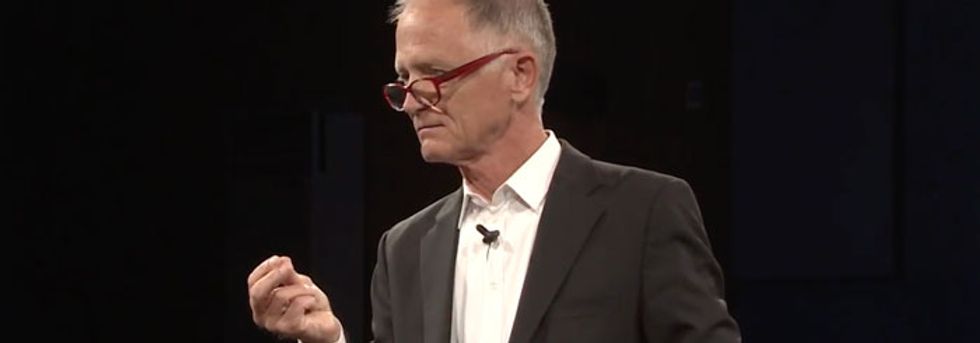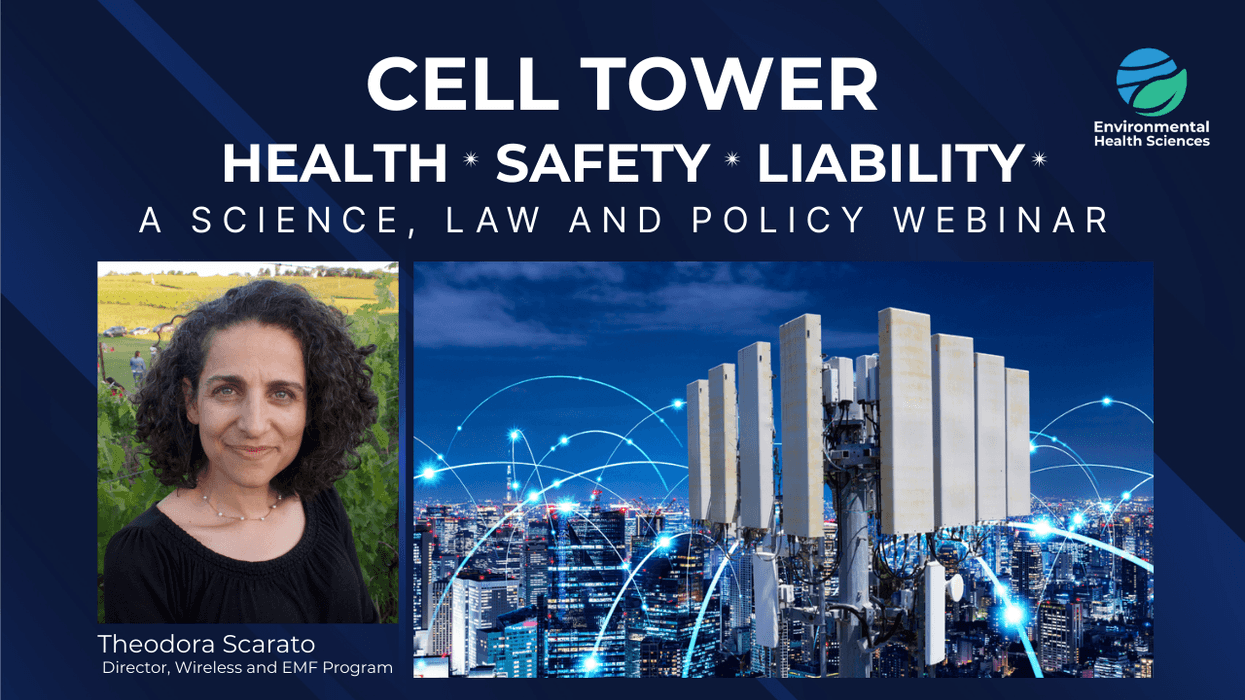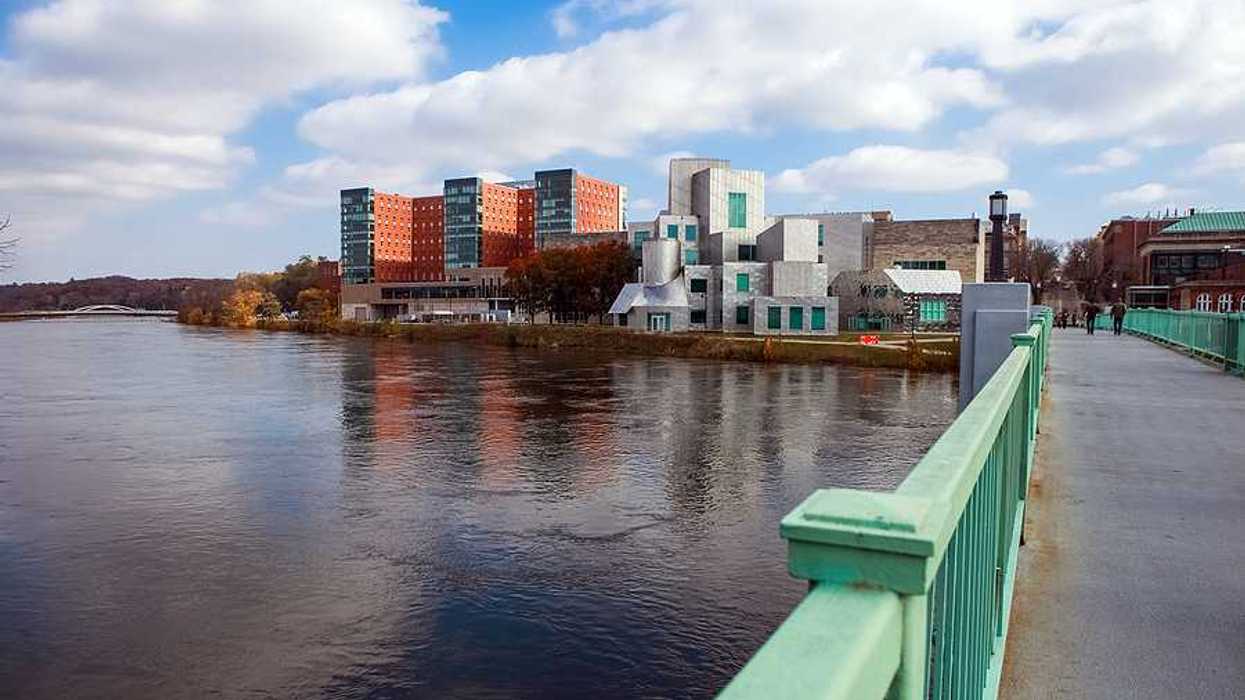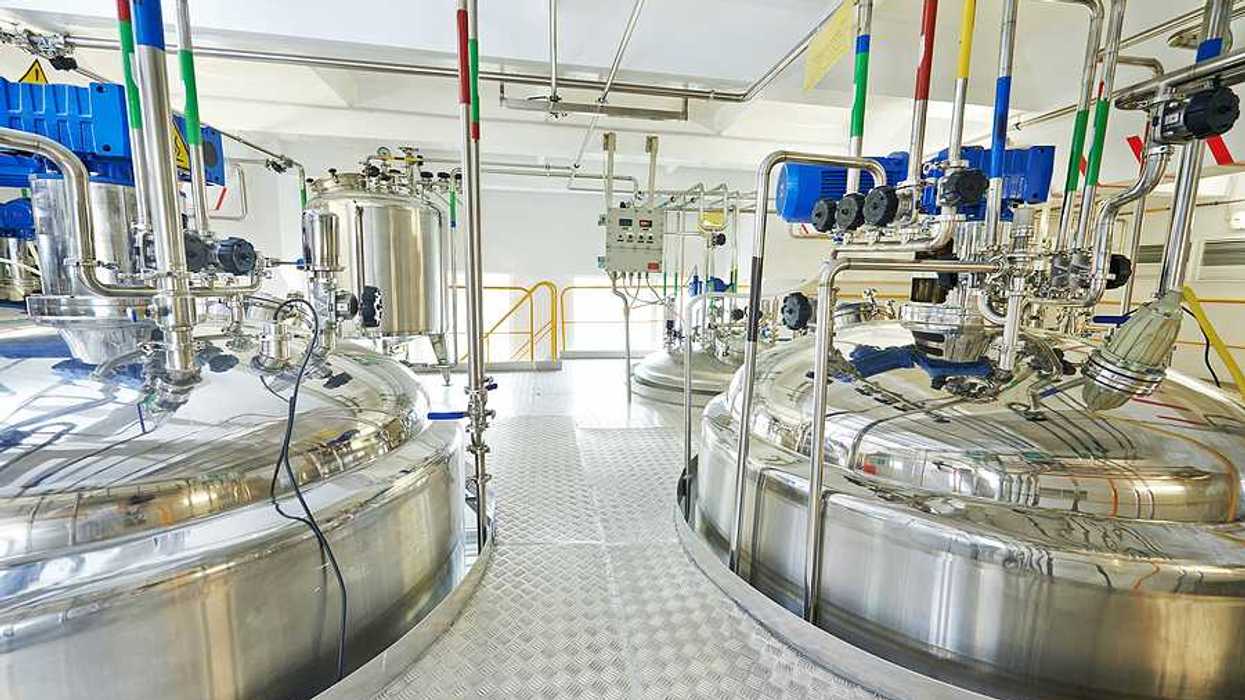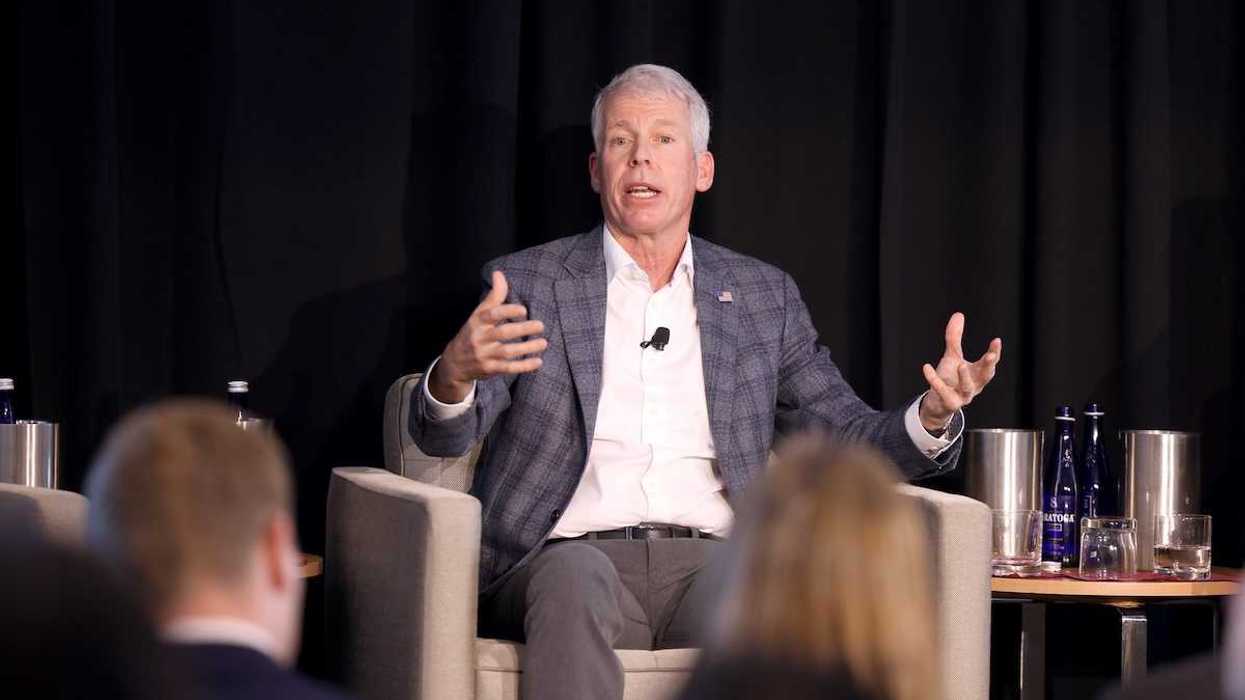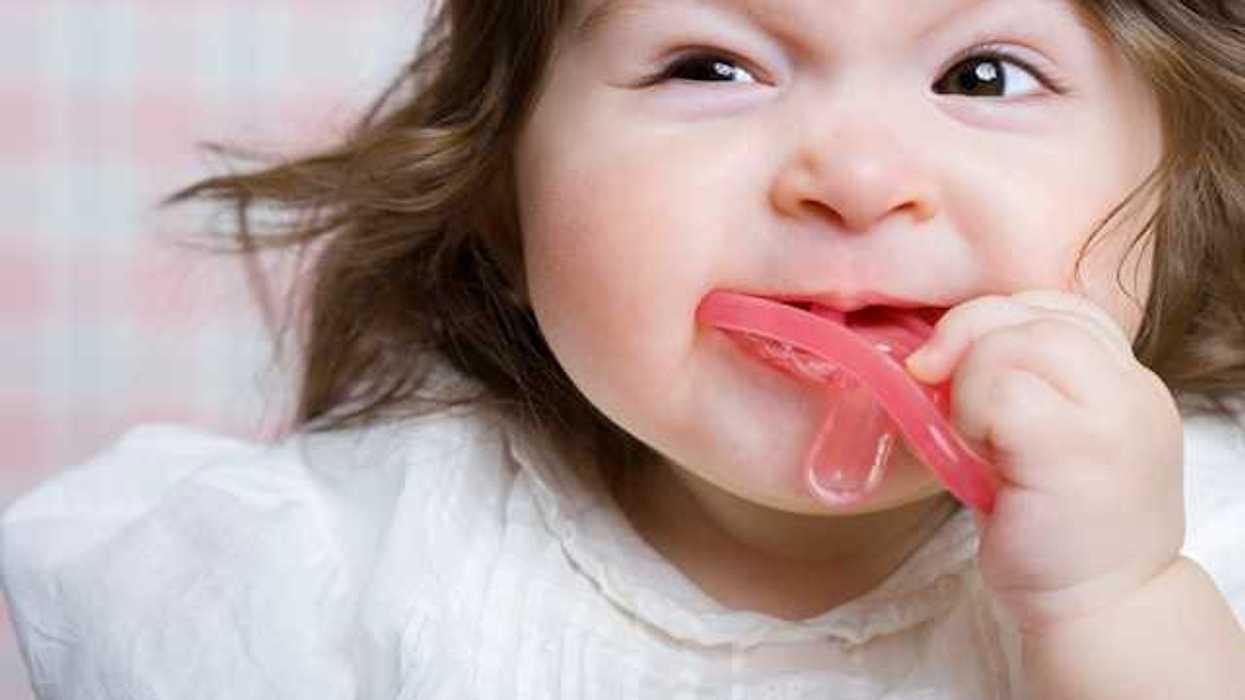LONDON—I have given any number of academic and public talks in my 45-year career as a scientist. None of that prepared me for the conditions I faced just before taking the stage at the Circular Economy 100 workshop earlier this summer here in London.
The workshop brings different sectors of business, government and academia together in hopes of building a framework for an economy that is both restorative and regenerative. It was organized by the Isle of Wight-based Ellen MacArthur Foundation, in collaboration with the Schmidt Family Foundation (as in Eric Schmidt, Chairman of Google, now Alphabet). It was held in the Abbey Road Studio (as in Beatles' Abbey Road).
I've never participated in anything like it.
A deep-throated woman warmed up the crowd by singing to cows.
Musicians preceded each session. The photo above shows the stage at the start of my talk, on the role of plastics in a circular economy. Note that the drums for my sessions' musicians are made of kitchen utensils and polycarbonate bottles.
A violinist playing excerpts from Beatles songs, like "Yesterday," started off one session. A deep throated woman warmed up the crowd for a session on "regenerative farming" by singing to cows who responded to her (she was live, they were taped).
The music was just the start. The stage was in the middle of the room with audience on all sides. I had to gradually rotate as I talked so that I had eye contact with audience in each of the four bleachers surrounding me.
Going into this, I didn't realize this was the set up. So I spent the first and second sessions both listening and watching to see how the speakers handled it.
I was totally daunted by the prospects: No notes. Just remote control of the PowerPoint slides, which were projected on to 4 huge screens at the four corners of the room.
The bad (and good) news
I was the bearer of bad news, though I had some good news about a green chemistry framework known as TiPED: Exposure to endocrine-disrupting compounds is ubiquitous in the world today. Such exposure rob residents of the European Union alone of €157 billion annually. And, perhaps most troubling of all, exposures in the womb can trigger changes that last a lifetime.
The good news is that people are getting this. We've seen a revolution of the science in the past 20 years. There's a whole movement that's arisen in the last 10 years, really driven by moms. And, for the past eight years, we have been organizing teams of scientists—chemists and biologists—to take that knowledge and use it, in the lab, to guide the synthesis of new materials.
That's TiPED: An intellectual framework that helps chemists to work with biologists to ask the question "how do we do this right?"
I'm proud to say the talk went better than really well. This is a great way to deliver scientific news. You can see it for yourself on Circulate, the online portal to the circular economy curated by the Ellen MacArthur Foundation.
Pete Myers is founder and chief scientist of Environmental Health Sciences, publisher of EHN.org and DailyClimate.org.

